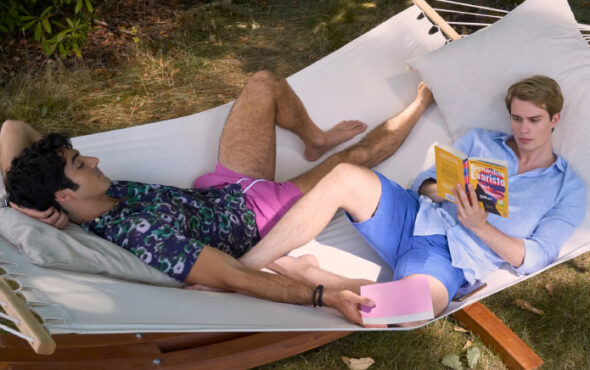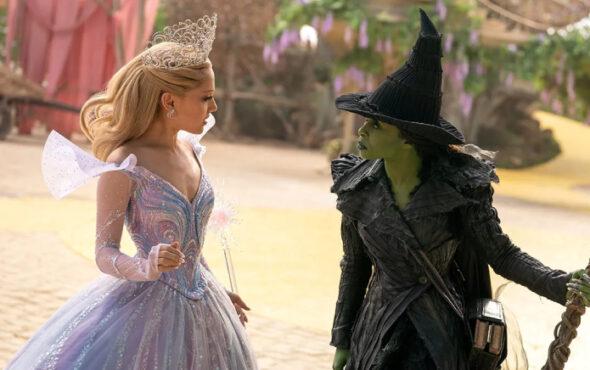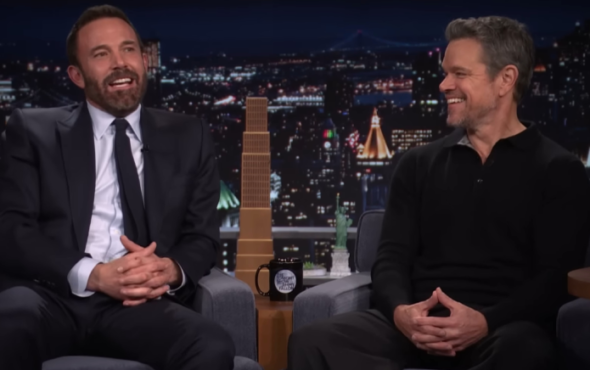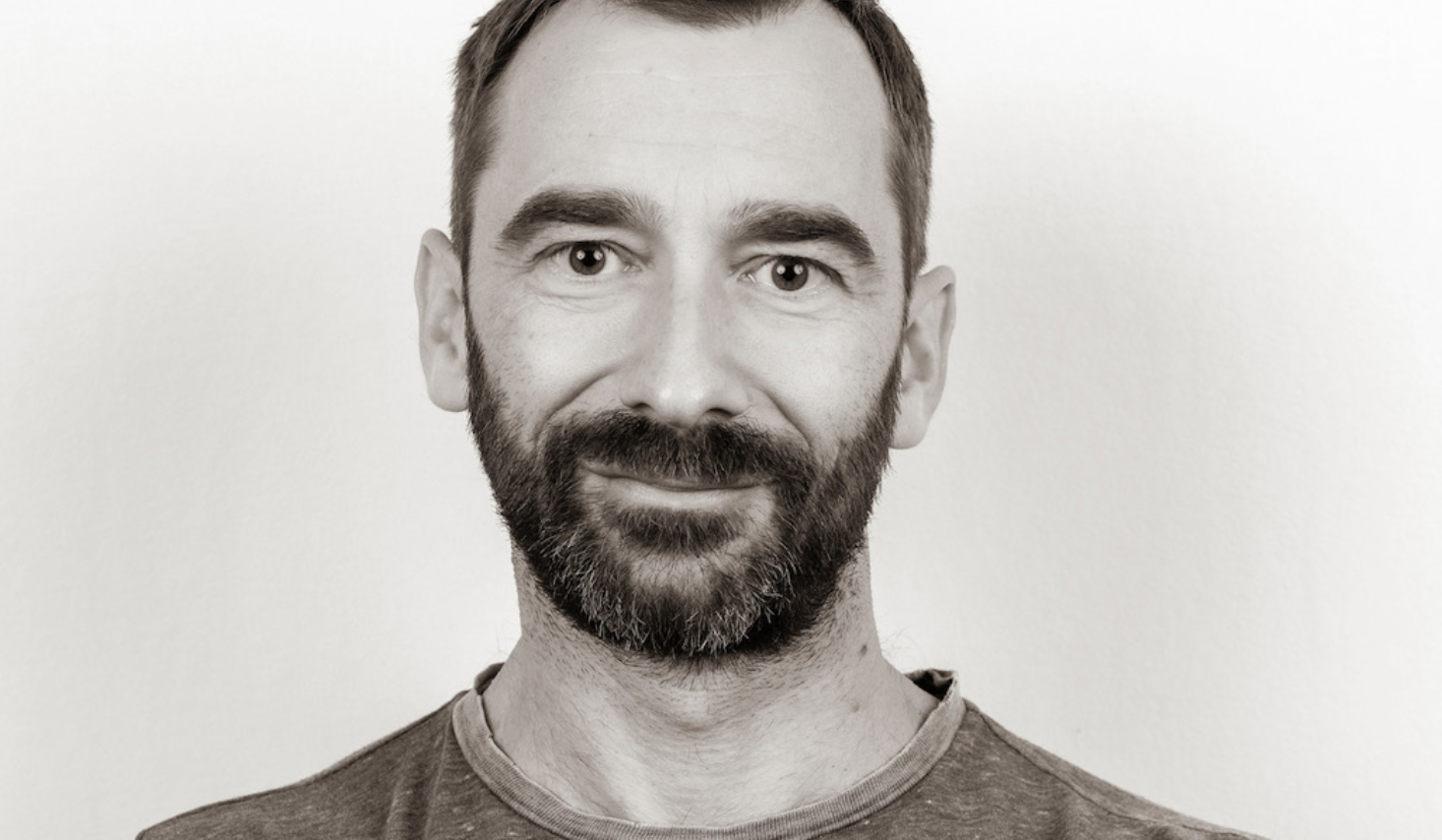
Charlie Condou is maybe best known for his role as Marcus Dent on Coronation Street, but he has been on our screens almost continuously over the past 25 years, with roles including Unforgotten and Holby City. In May 2025 he also played Gary Gabbastone in ‘The Interstellar Song Contest’, an episode of Doctor Who.
Charlie often speaks out about LGBTQIA+ rights. He had a column with The Guardian from October 2011 until July 2012, where he wrote about gay parenting. As a gay dad, Charlie has done a huge amount in terms of visibility and changing attitudes.
Why is Pride important?
Pride is important simply for visibility. I’ve always said that we have so many rights here in this country now, in a way that we never used to when I was growing up and yet there are still places around the world where it’s illegal to be gay. There is still prejudice abroad, and in this country. You just have to look at what is happening with trans rights at the moment. Trans people are being vilified and demonised. I think visibility is the best way that we can combat that. I think it’s the duty of the strong to protect the weak and I think the LGBTQIA+ community is quite strong in this country, while in other countries they are not, so Pride is incredibly important for all those reasons.
How do you use your platform to advocate for queer rights?
I’ve always been out, I’ve always been very vocal about being proud of being a gay man, being part of the queer community. I’ve never been particularly interested in fame for its own sake. I’m not bothered about being recognised or any of those things. What I do think having a profile gives you is a platform and the ability to speak out and to be heard. One of the reasons I spoke a lot about my journey to parenthood, as a gay man and co-parenting was because nobody else was talking about it at the time.
It wasn’t something that gay men did, certainly not publicly. I decided that I was going to be somebody that spoke about these things. I went to The Guardian and asked them for a column, which they gave me – bizarrely. I wrote about my experiences every week, on a Saturday, for almost a year and I’d try and talk about issues for the LGBTQIA+ community in interviews, on television, at public forum events and on panels, whenever I can. I think I’ve always done that and I will continue to do that.
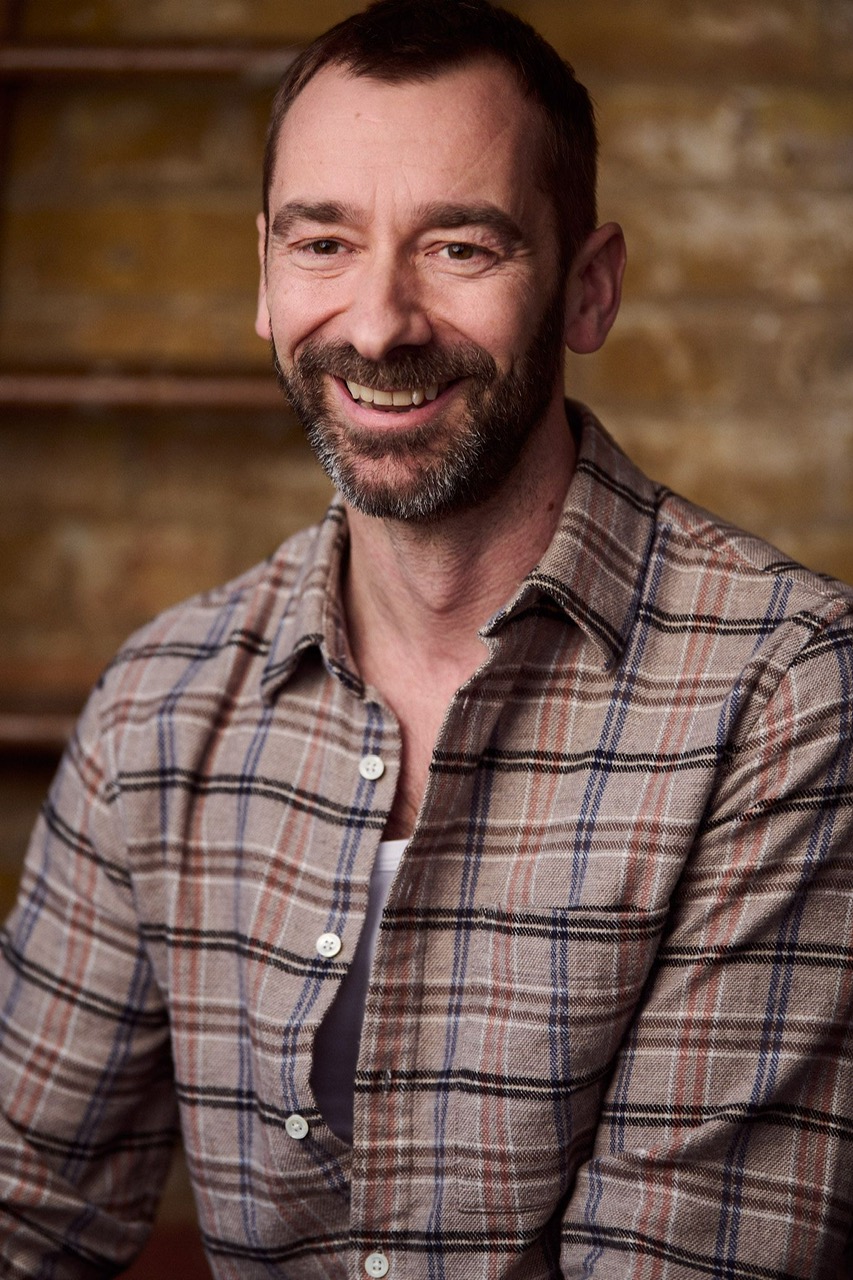
Which of your acting achievements are you most proud of?
I’m proud of all of my acting achievements for different reasons, but I do think that when I started acting thirty years ago, if you had a queer character on-screen, they were often stereotypical and the parts were issue-based, so you were playing a gay man who had AIDS or who was struggling to come out. They were always very much about being gay. Now, the conversation has moved on so much.
I just played part of a gay couple in Doctor Who and what was lovely about the couple was they were just a couple who were bickering and having problems of their own, were in love, married and all sorts of ordinary things. It was nothing to do with their sexuality. Their sexuality was irrelevant. I’m proud of how far we’ve come – it’s not so much about the roles that I play, but how the conversation has moved on. That’s very much down to people like Russell T Davies, who have fought very hard to push that conversation forward.
Do you have a message for Pride?
Enjoy it, have fun, but also know that many battles have been won, but the fight isn’t over. Rights are just as easily lost as they are won. We can see it with the trans community here, who are so vulnerable and so need protecting and need our help. But you can also see it with women’s rights in America, which are being taken away. We still have huge problems with systemic racism. For Pride, absolutely, it should be a party – be proud in who you are, but remember that prejudice still exists. It’s still our job to keep challenging those things and to keep fighting.
